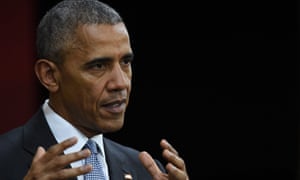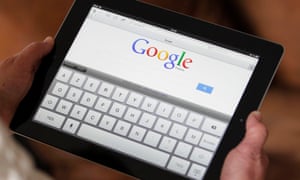- To be aware of what is going on in the World
- To be connected to people I am interested in but I don't know
These two reasons aren't exactly beneficial for the news brands, in this way, but are beneficial to the audience. However, for this to be amusing to the audience, it will bring more awareness and attraction to the news brands; The audience like to follow the respected news brands for 1 key reason and that is because of the fact that they are a reliable source since whenever news has been published, it will always be verified by those brands.
2) On the other hand, Twitter is also good for respected news brands as it is more accessible, more influential and more connected than ever before. The immediacy and accessibility of Twitter brings valuable readers to newspaper brands that they would not normally read in print or directly online.
4) The following tweets show the focus turns to 'gossip' or 'banter' on different social media sites:
4) The following tweets show the focus turns to 'gossip' or 'banter' on different social media sites:
- Neil Ashton - Arsenal are toast
- Grace Dent - Jennifer Aniston's new hair?
- Camila Long - British Sheepskin industry
- Dan Wootton - Red carpet awks moment from last night as my microphone chord gets stuck.
5) In my opinion, I believe that the 'gossip' and 'banter' does have an effect on the reputation of journalists. This is because of the fact that the audience want to look at something that everyone is talking about on their social media sites and I believe that journalists do not have a role in this because it may have started from someone that is just a normal person, who is always on their social media sites without any experience in journalism.
6) The report talks about the relationship between Twitter and newsbrand - They believe that since these two brands have got a good relationship between themselves, it will have a positive impact on the readers and users and the who relationship would be built on trust.
7) I strongly believe that with the development of some social media sites, such as Twitter have made a big impact on the traditional newspapers. Since social media sites like Twitter can start to provide news via links by users to other news websites and the fact that a lot of it is free, the audience would therefore start to buy less newspapers and start using their smartphones more often. The audience may also believe that using the social media sites is a much more quicker service because if you were to type something in the search engine, by using the specific word of the article you may want to read, the result of the search the audience may be looking for will most likely come up as well. Therefore, this means that there have been a major drop in sales for the traditional newspapers, and then means that there will slowly go out of business. To conclude, this means that social media sites have had an impact on traditional newspapers.
8) Since the users on Facebook have started to provide fake news to the other users, it would be hard to start to stop this from happening due to the fact that any user on Facebook is eligible to post whatever they want to on there. However, I believe that Facebook can prevent this from happening with the news brands so the users can see that they are reliable.









